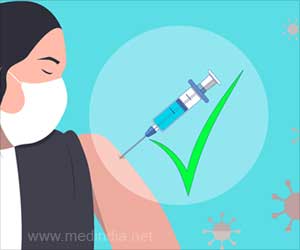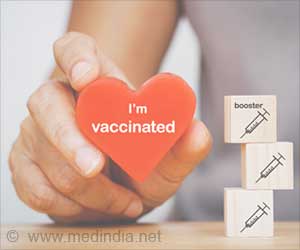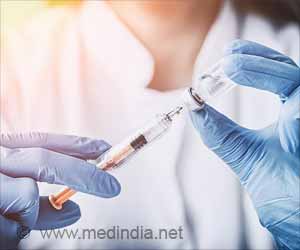- The current COVID-19 vaccines protect against severe disease following SARS-CoV-2 infection
- Intranasal COVID-19 vaccines induce mucosal immunity that could provide the best protection against initial infection and transmission of the SARS-CoV-2 virus
- These vaccines can help to achieve herd immunity
“That kind of immunity is not induced greatly by the existing injectable vaccines,” said Russell. Mucosal immunity is the type of response that would offer protection against the first infection. However, the currently available COVID-19 vaccines protect against severe diseases following SARS-CoV-2 illness.
“It all results from a widespread lack of understanding of the operation of the mucosal immune system. Even though this has been known for at least 40 years, but is poorly covered in most medical curricula,” said Russell.
According to him, mounting research indicates that the acquisition of SARS-CoV-2, the following course of the illness, and future transmission of the virus are all significantly influenced by mucosal IgA antibodies.
Vaccines administered via the nose could prevent infection by inducing mucosal immunity and transmission within the community. The COVID-19 infection is spread by aerosol particles and droplets produced by these upper respiratory and oral secretions.
An Alternative Path to Herd Immunity Against COVID-19
“Our main point, therefore, is that protection against initial infection (rather than protection against the development of COVID-19) and the onwards transmission of the virus will be more effectively achieved by intranasal vaccines,” said Russell. “In other words, the much-discussed and elusive accomplishment of herd immunity, which is not effectively generated by the existing injected vaccines, will be more likely to be achieved with mucosal immunity induced by intranasal vaccines.”The report also makes the case that, even though research on antibody responses to COVID-19 has concentrated on serum, it turns out that the quantity of antibodies circulating in the blood does not correspond to the antibody quantities present in mucosal secretions. Furthermore, the saliva, nasal secretions, tears, tracheobronchial secretions and even breast milk of infected people have mucosal IgA antibodies to SARS-CoV-2 antigens.
Are Intranasal Vaccines Effective?
The effectiveness of nasal vaccination for influenza shows that this is a workable means of vaccine administration. Around 100 intranasal COVID-19 vaccines are reportedly under development worldwide. Two of these vaccines received approval last week in China and India. The specifics of the studies that supported these decisions have not yet been made public.“If even a fraction of the time, effort and resources that were applied to the development of the first generation of COVID vaccines were applied to intranasal vaccines, the world might be benefiting from a widely available intranasal COVID-19 vaccine right now,” said Russell.
Source-Medindia
















